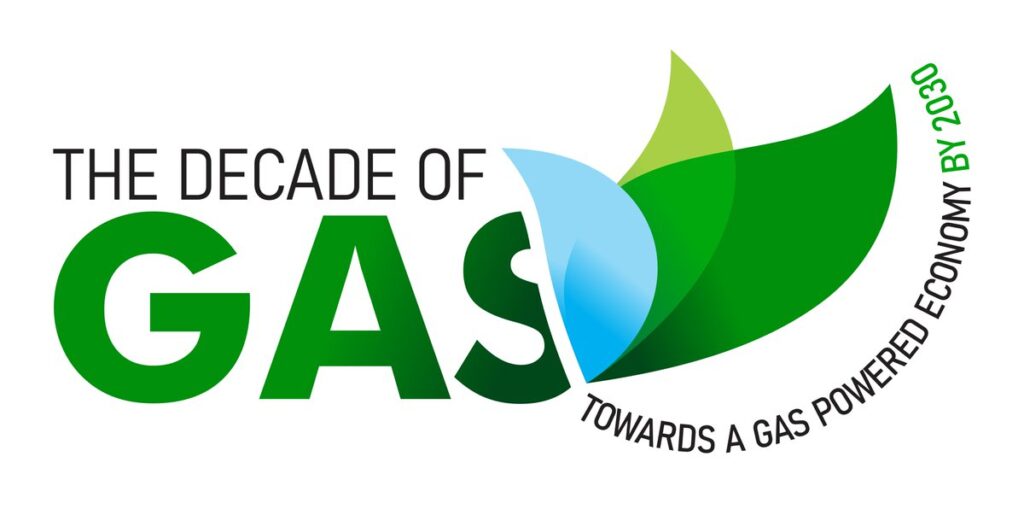On the 29th of March, the Ministry of Petroleum Resources of the Federal Republic of Nigeria, organized The Nigeria International Petroleum Summit (NIPS) Pre-Summit Conference, titled: The Decade of Gas, in furtherance of the Federal Government’s initiative that declared January 1, 2021 to December 31, 2030 as “The Decade of Gas Development for Nigeria”. The OPTS Chairman was invited to be a speaker/panelist at the event.
In his speech the Chairman, OPTS commented that even though Nigeria has the largest reserves, only 4% of all funds invested in Africa for projects FID’d between 2015 -2019 were allocated to Nigeria. He explained that with the world’s 10th largest gas reserves Nigeria ranks only 17th on production – demonstrating untapped potential.
To achieve the desired increase in domestic gas supplies, he said developing adequate infrastructure by attracting investment in infrastructure development and completing critical National Integrated Power Project (NIPP) transmission lines was of paramount importance. Ensuring sufficient funding by implementing sustainable solutions which would fully fund the JV budgets, including gas, was also a priority area to consider.
The Chairman further remarked that repaying outstanding gas invoice arrears by settling outstanding debts and establishing bankable credit support facilities for future gas sales and promoting willing-buyer/willing-seller marketplace was also pivotal in achieving the desired increase in domestic gas supplies.
Mike made recommendations along 4 building blocks. Domestic gas obligation and gas pricing framework – He recommended that Domestic Gas Supply Obligation (DGSO) arrangement should be capped at current multi-year levels and discontinued after 2022. He also recommended transition to market-led gas pricing in the coming 2-3 years with a three-tier sectoral demand segment for power, gas-based industries and commercial be maintained, and that domestic gas pricing framework should not be linked to Export Parity Price (EPP). On the Settlement of gas terms, he suggested incentives to develop Non Associated Gas projects.
With respect to the Assurance of investor rights, he posited that investors should be assured that prior investments are protected and allowed to run their full course as this sends a strong positive signal to the global investment community. On Deepwater terms, the recommendation was that Deepwater provisions in the PIB should allow for full royalty relief during the first five years of production and the removal of Hydrocarbon Tax (HT) to ensure a reasonable rate of return on Deepwater oil and gas projects.


